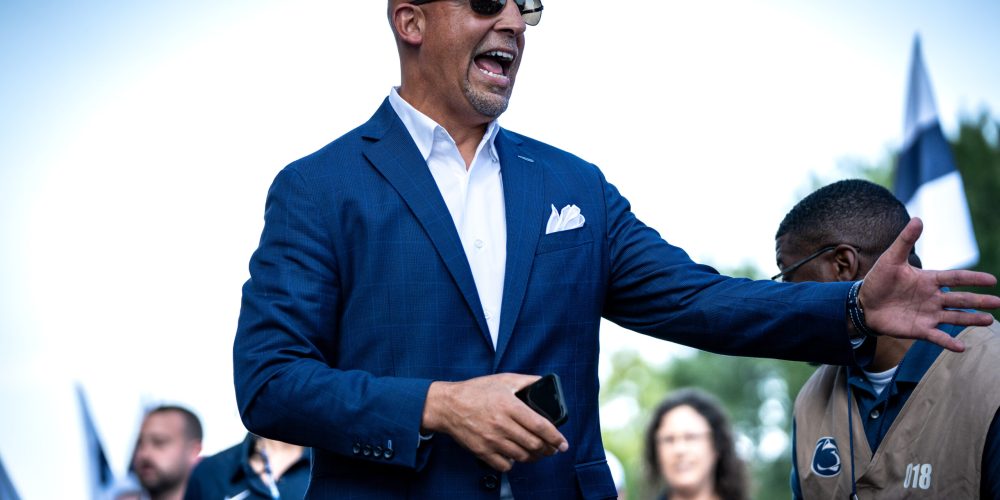New IFC Social Event Policy in Place

This weekend, you may have noticed that the Interfraternity Council (IFC) has implemented a new social event policy. The new policy is not, as a whole, stricter or more relaxed than the one adopted last year; however, it has been refined from the previous version. 
The most noticeable difference is that professional bouncers are no longer required to work at each and every event. Instead, fraternity brothers (which can be from the chapter hosting the party) can undergo an IFC training program to be a certified Greek Event Monitor. Monitors are posted throughout the event, rather than just at the entrance and exit. Like bartenders, they will be required to be sober throughout the course of the night. In addition, the policy addresses the disconnection between guests invited and guests actually in attendance.
“Many of the new policy changes are focused on education,” said IFC Vice President for Risk Management, Tom Piarulli. In explaining the new policy, he stressed that the key is for fraternities to step up and ensure the safety of their party guests and themselves.
“The goal of the program is to educate fraternities so they understand how the policies benefit them and how following them will make them a more successful fraternity. We found last semester that, regardless of whether security members were present, it ultimately fell to the fraternity members to make sure the event was safe and within IFC regulations. Chapters now have the option of hiring professional security to staff their events and/or using larger numbers of certified members to fulfill certain functions at their events.”
Piarulli said that many are using both. Private security firms are still involved by staffing functions as they did last semester. In addition, they are patrolling all Greek events as a whole; for this, the IFC is employing twice as many security personnel and doubling the duration of the patrols.
Regulations from last year are still in place, including ID checks at the door, as well as a ban on Wednesday socials and away bars. Regardless, Piarulli said he expects a smooth transition.
“I think the fraternity chapters really appreciate that we are treating them like adults and giving them the option to educate themselves in order to become capable of managing their social functions. The feedback regarding the certification training sessions has been overwhelmingly positive. People have been coming up to me asking: ‘Why weren’t we doing this years ago?’ Any changes to a social policy that affects such a large group of people will have some speed bumps, but I can say that the implementation has gone much smoother than it did this past semester.”
This new policy gives fraternities the opportunity to rise to the occasion, as opposed to the old version, which in many ways seized the reins from the individual chapters. Education and mentality are the key to the policy’s success, instead of “exercising power over them.” As Piarulli points out: “We can continue to change the policies as much as we’d like but until we start changing minds many of the problems will remain.” The IFC is still mindful of the big picture: “To make sure that fraternity functions are safe and enjoyable, not a bunch of people crammed into a hot room.”
Your ad blocker is on.
Please choose an option below.
Purchase a Subscription!





